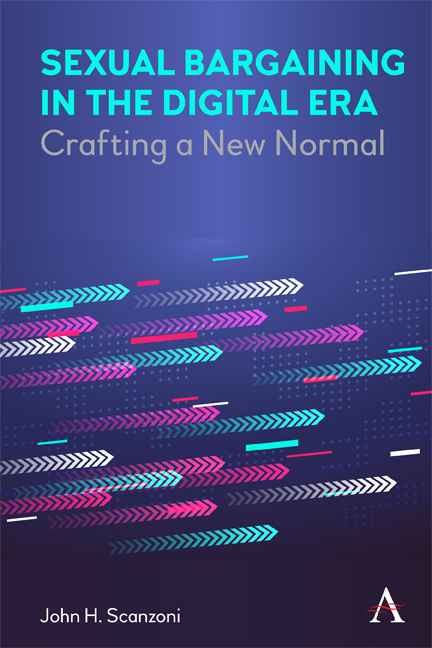Book contents
- Frontmatter
- Dedication
- Contents
- Acknowledgments
- Introduction
- 1 “What’s a ‘Normal’ Family, Anyway?”
- 2 What Went Wrong the First Time Around?
- 3 Getting It Right This Time Around— The Economic Sphere
- 4 Getting It Right This Time Around— The Sphere of Sexualities and Reproduction
- 5 Getting It Right This Time Around— Negotiating Women’s Autonomy
- 6 Getting It Right This Time Around— Creating Social Policies and Programs in Sync with the New Normal
- 7 “The Arc of the Moral Universe […] Bends Toward Justice”
- References
- Index
6 - Getting It Right This Time Around— Creating Social Policies and Programs in Sync with the New Normal
Published online by Cambridge University Press: 14 December 2021
- Frontmatter
- Dedication
- Contents
- Acknowledgments
- Introduction
- 1 “What’s a ‘Normal’ Family, Anyway?”
- 2 What Went Wrong the First Time Around?
- 3 Getting It Right This Time Around— The Economic Sphere
- 4 Getting It Right This Time Around— The Sphere of Sexualities and Reproduction
- 5 Getting It Right This Time Around— Negotiating Women’s Autonomy
- 6 Getting It Right This Time Around— Creating Social Policies and Programs in Sync with the New Normal
- 7 “The Arc of the Moral Universe […] Bends Toward Justice”
- References
- Index
Summary
Muscle power was the reason why men were able to build an uneven playing field in the first place— tilted in their favor and dispossessing women— and then sustain it throughout both the Agricultural and Industrial Ages. However, in the wake of the Digital Era muscle power is finally giving way to brainpower. No doubt Mary Wollstonecraft and her spiritual descendants would be pleased to learn that today the prospects for inventing a gender-level playing field seem brighter than ever before.
Recall the Chapter 3's argument that, in the developing Digital Era, educational reform, whose principal goal is to enhance students’ aptitude at reiterating accumulated information, leaves much to be desired. Accordingly, rather than simply tweaking the Industrial Age model, the notion of reform might give way to the more far-reaching prospect of makeover apropos for the Digital Era marketplace (DEM). Such a makeover is based on ideation, that is, critical/creative thinking that results in problem-solving and stimulation of fresh questions.
The call for makeover becomes especially relevant in light of the severe disruptions that COVID-19 inflicted on both K-12 and colleges. A few observers actually used the term “old normal” to describe the ways things were done by schools/colleges alike pre-COVID-19. And the perplexing question they now raise is, can we, and/or should we, go back to the old normal? If not, what would “new normal” schools/colleges look like?
Chapter 3 noted that long before COVID-19, MIT economists Erik Brynjolfsson and Andrew McAfee argued that the Digital Era renders typical modes of school reform inadequate. They reminded us that the typical education model envisions the “expert” (teacher/professor/sage on the stage) actively imparting information and knowledge to “neophytes” (students) who are typically seated passively in a room before him/her. The major task facing the neophyte is to reproduce those imparted materials to the satisfaction of the expert. Nonetheless, at least for a while COVID-19 frustrated that model by making it a health risk for persons in the same room.
Hence, to cope with the requirement that participants be physically distant, many educators tweaked the traditional sage/neophyte model by simply transplanting it from in-person to online. To be sure, some educators had in prior years been exploring the promises and pitfalls of online courses.
- Type
- Chapter
- Information
- Sexual Bargaining in the Digital EraCrafting a New Normal, pp. 119 - 144Publisher: Anthem PressPrint publication year: 2021



